All downloadable products can be accessed on any device and printed.
Problem Based Learning Approach In Microbiology 1nd Edition (EPUB)
66$
Product Details
- Publisher : Elsevier Science; January 30, 2023
- Language : English
- ISBN : 9780323950923
- ISBN : 9780323950930
Category: Microbiology
Description
Problem Based Learning Approach In Microbiology 1nd Edition (EPUB)
Written by Khalid Mubarak Bindayna
The organ-based study of microbiology and infectious diseases known as the “Problem-based Learning Approach in Microbiology” makes use of actual patient problems or “cases,” which have been edited for educational purposes.
Through the use of case studies, this method encourages participatory learning and provides foundational information for clinical training. Each of the seven sections’ problems starts with a clinical case scenario and ends with the case’s learning objectives. Interaction between students and tutors is facilitated by the “question-and-answer section,” which leads to a problem-solving strategy.
The etiological agent is then fully explained, including its pathogenicity and epidemiology, as well as the host immune response, clinical symptoms, diagnostic procedures, and treatment options. A broad range of frequently occurring infectious diseases, newly developing infectious diseases, and immunological diseases are covered in this book.
By breaking the book up into pieces, this book takes a different approach to meeting the demand for foundational knowledge. This book makes learning easier, which improves knowledge retention, connects the material to real-world situations and makes the concepts more applicable.
gives actual clinical cases making sure that readers are exposed to actual clinical cases, encouraging interactive learning and improving their capacity to connect ideas from the fields of microbiology, immunology and infectious diseases with actual clinical cases. consists of a segment with questions and answers. This part promotes communication between students and teachers, which leads to a problem-solving strategy and improved information retention.
Each chapter in the “Microbiology” section concentrates on the etiological agent that caused the disease to appear in that specific patient. This section provides a thorough summary of the agent’s pathogenicity and epidemiology, as well as the host immune response, clinical signs, diagnostic procedures and treatment options.
Additional information
| Publisher |
Elsevier |
|---|---|
| Language |
English |
| Edition |
1 |
| Format |
EPUB |
| File Size |
17.6 MB |
| Publication Date |
January 30, 2023 |
| ISBN-13 |
9780323950923 ,9780323950930 |
Reviews (0)
Be the first to review “Problem Based Learning Approach In Microbiology 1nd Edition (EPUB)” Cancel reply
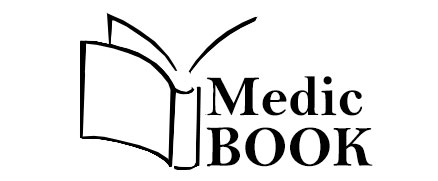

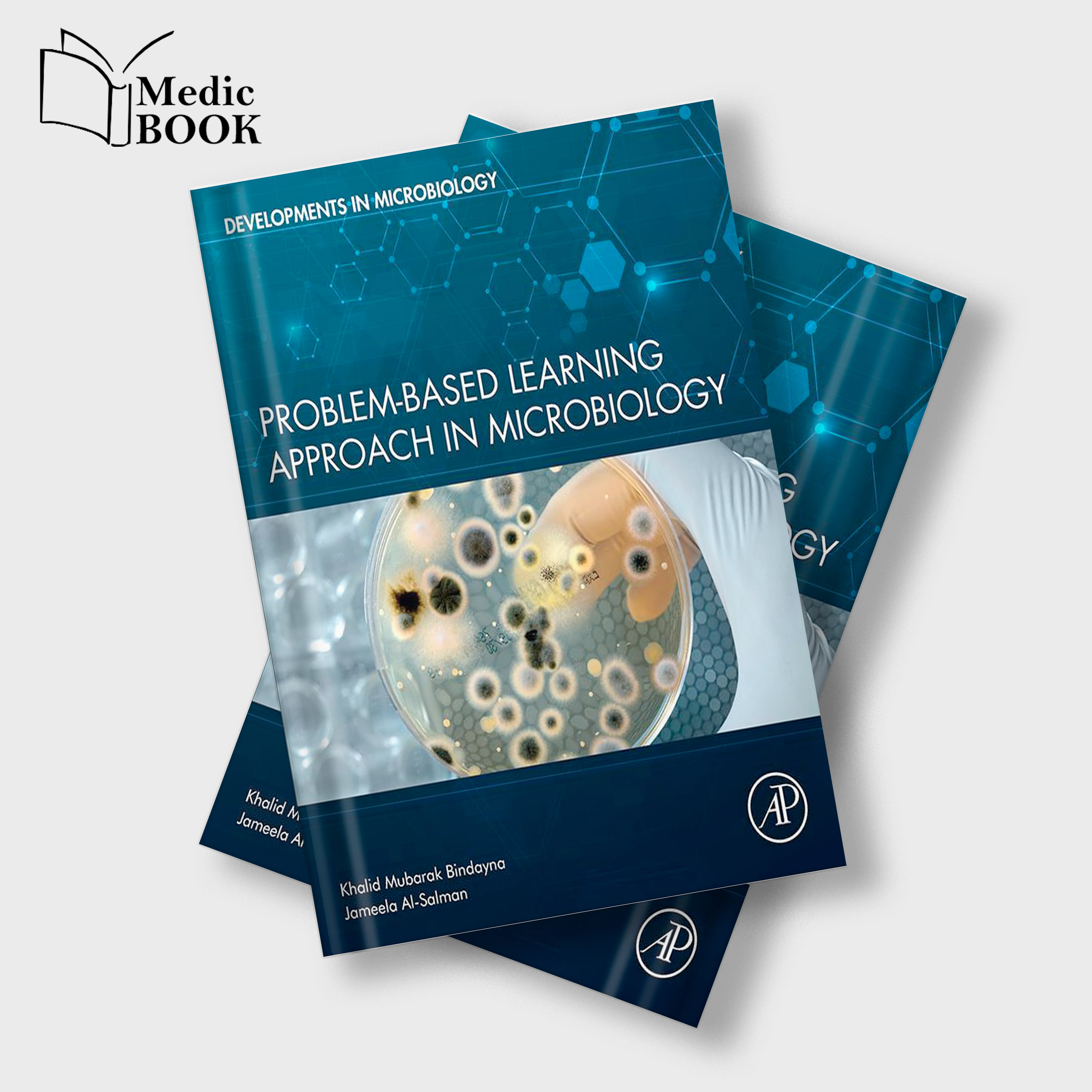


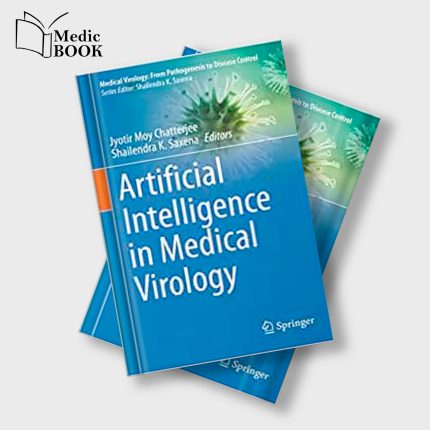
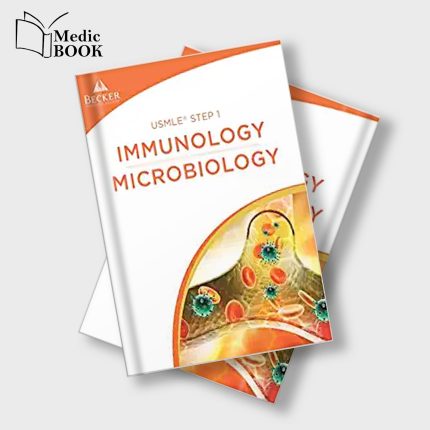





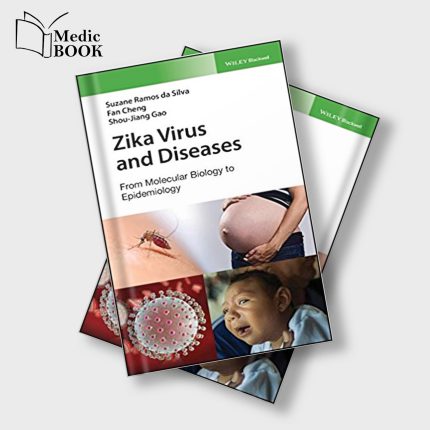
Reviews
There are no reviews yet.